 So you're out of work on an injury. You go back-and-forth to the doctor’s offices. You go back and forth to the pharmacy. But there are lots of hours when you either sit at home or try and live as much of a normal life as you can. Did you ever consider that the railroad had someone following you and videotaping your every move? Because it happens more often than you realize. Eavesdropping and surveillance of employees by the railroad is common practice.
So you're out of work on an injury. You go back-and-forth to the doctor’s offices. You go back and forth to the pharmacy. But there are lots of hours when you either sit at home or try and live as much of a normal life as you can. Did you ever consider that the railroad had someone following you and videotaping your every move? Because it happens more often than you realize. Eavesdropping and surveillance of employees by the railroad is common practice.
At first blush, it feels like a complete invasion of your privacy. But when you understand that the railroad begins from a position of distrust, you come to understand why they do it. The railroad is trying to collect proof of you doing something which you or your doctors have said you cannot do.

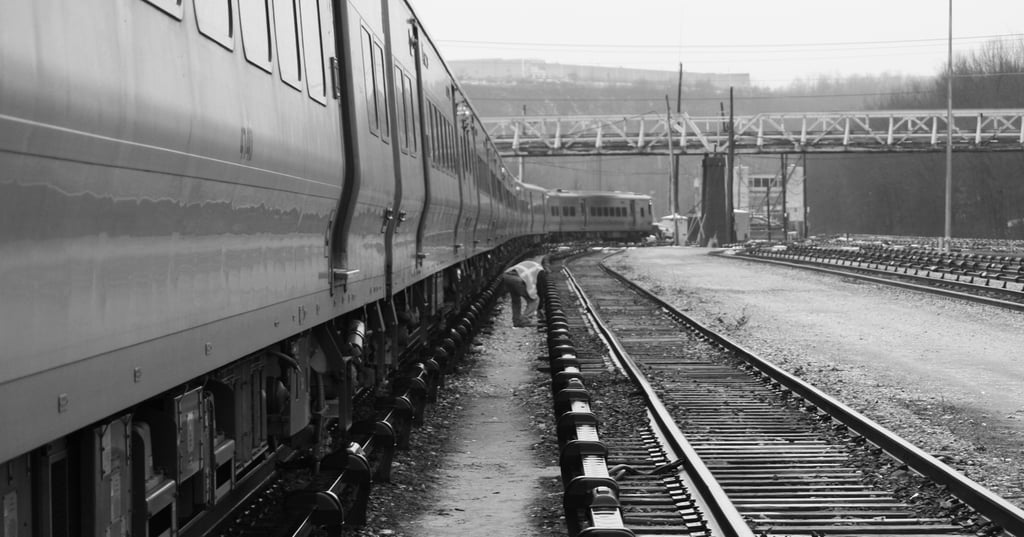

 If you've been hurt, you already know what money you're out of pocket.
If you've been hurt, you already know what money you're out of pocket. Close to three years ago, John*, 34, was an assistant signalman with three years on the job with LIRR.
Close to three years ago, John*, 34, was an assistant signalman with three years on the job with LIRR.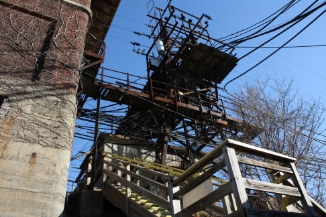 You get hurt on the railroad. You request immediate medical attention. You get to the medical facility, hospital or otherwise. You want to focus on the doctor. You want to discuss your symptoms, your prior medical history and your family medical history.
You get hurt on the railroad. You request immediate medical attention. You get to the medical facility, hospital or otherwise. You want to focus on the doctor. You want to discuss your symptoms, your prior medical history and your family medical history.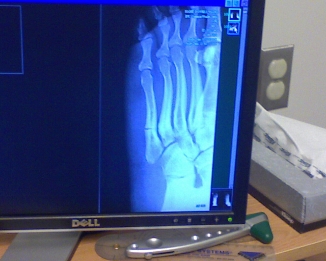 Do you need a lawyer to file a FELA claim? Not necessarily. In this blog we’ll discuss specific instances when it’s better to handle the claim yourself.
Do you need a lawyer to file a FELA claim? Not necessarily. In this blog we’ll discuss specific instances when it’s better to handle the claim yourself. 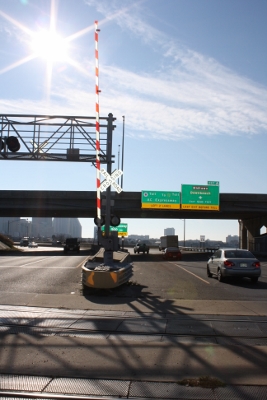 When you get hurt at work on the railroad, what the company does behind your back could be worse than your injury.
When you get hurt at work on the railroad, what the company does behind your back could be worse than your injury. When a client asks me, ‘When does the railroad have to pay after trial?” I have to say, “It depends, because the fight isn’t over after the verdict.”
When a client asks me, ‘When does the railroad have to pay after trial?” I have to say, “It depends, because the fight isn’t over after the verdict.” Portland, Maine -- A New England railroad worker was awarded $400,000 in June when a federal jury ruled that the railroad had fired him illegally after he voiced safety concerns at a jobsite.
Portland, Maine -- A New England railroad worker was awarded $400,000 in June when a federal jury ruled that the railroad had fired him illegally after he voiced safety concerns at a jobsite.
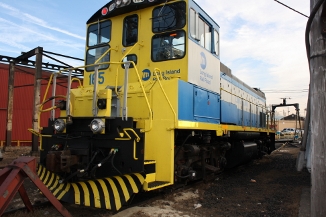 LIRR workers, they haven't been so direct as to say it to your face, but the MTA thinks you are ignorant and stupid. How else could they could they ignore PEB 244 and PEB 245?
LIRR workers, they haven't been so direct as to say it to your face, but the MTA thinks you are ignorant and stupid. How else could they could they ignore PEB 244 and PEB 245?





